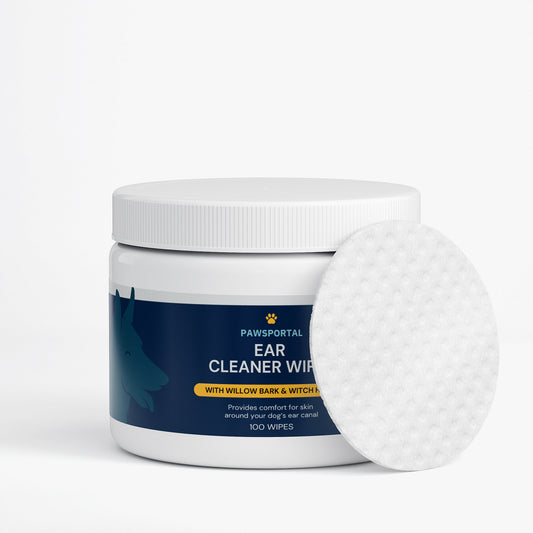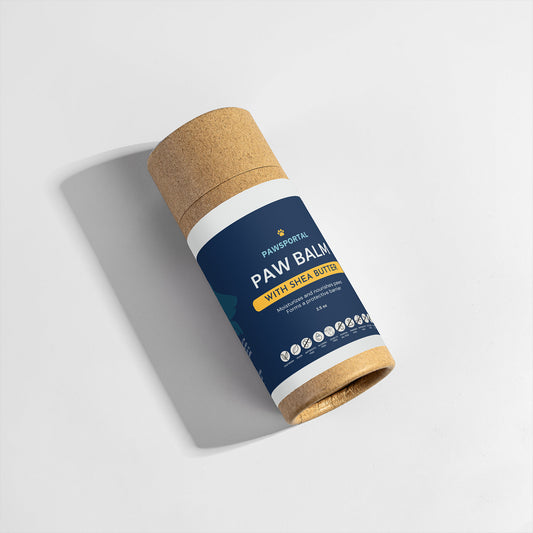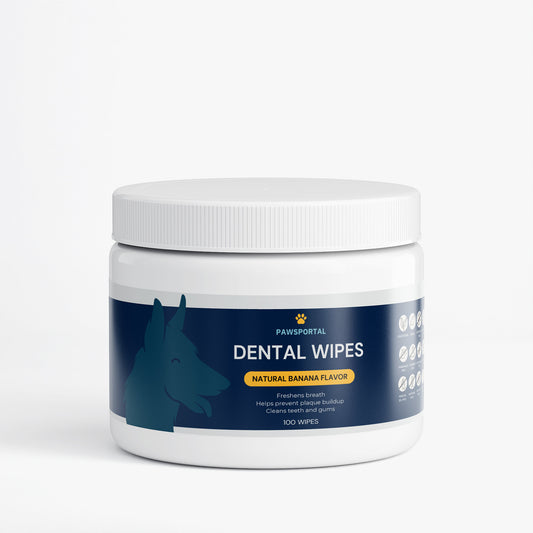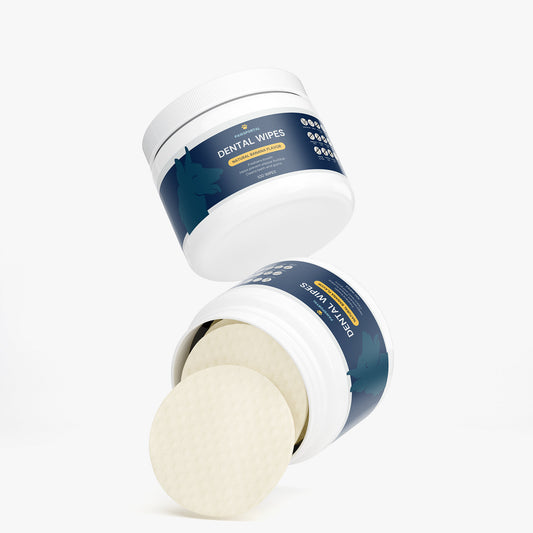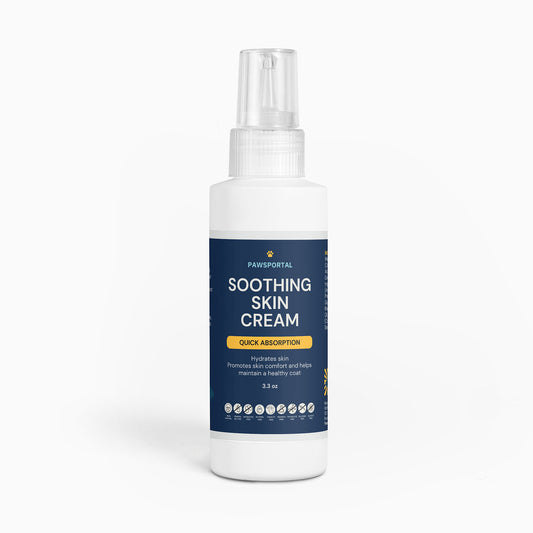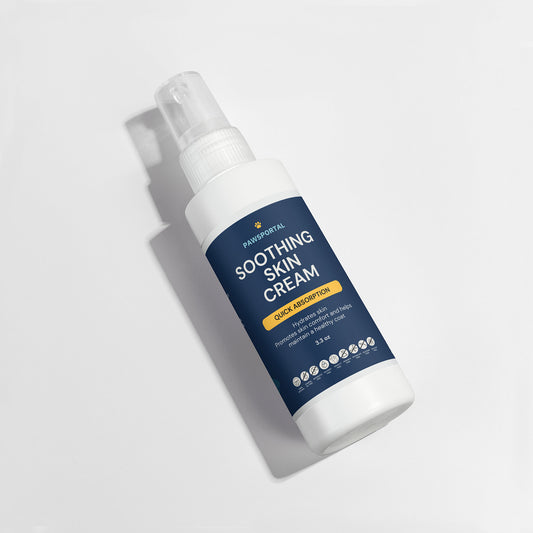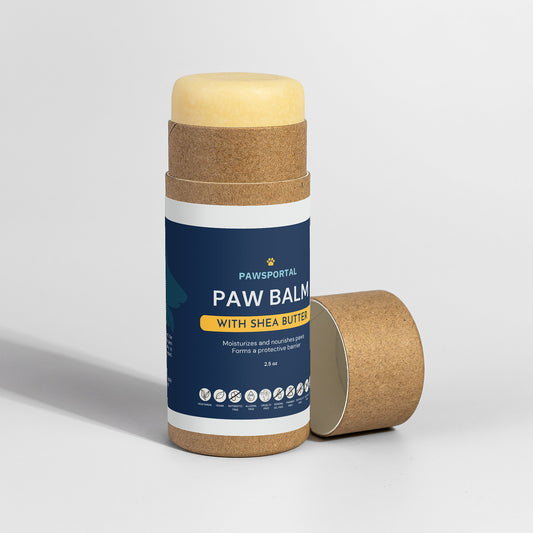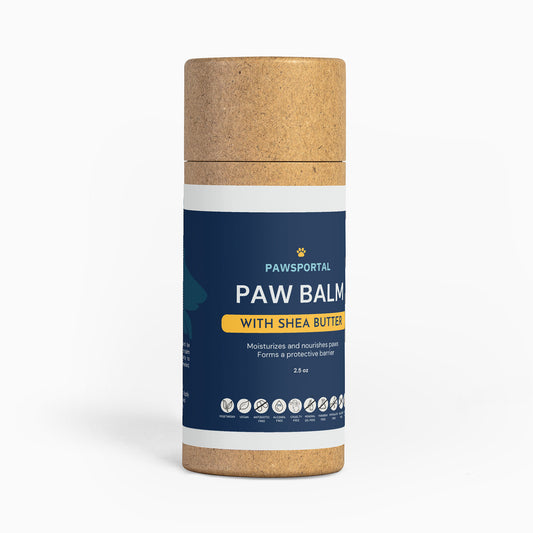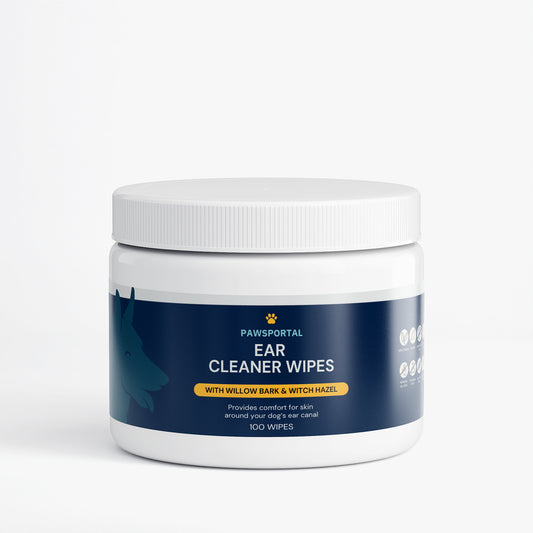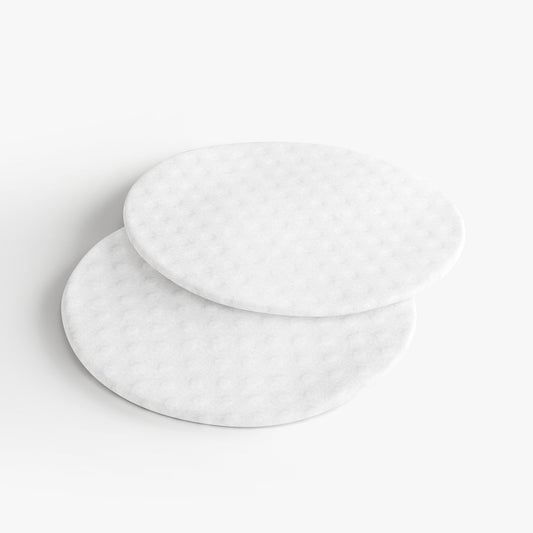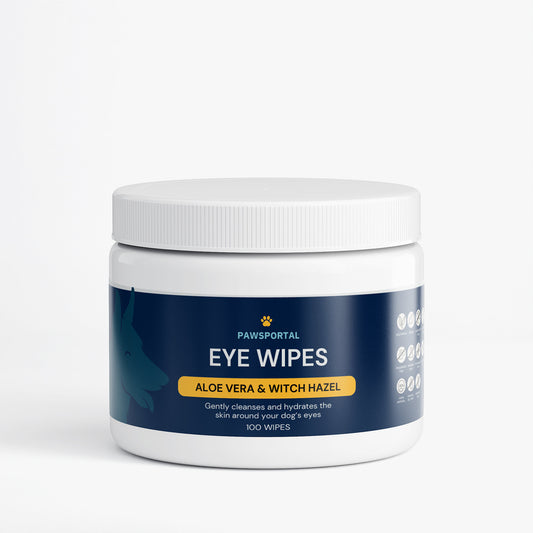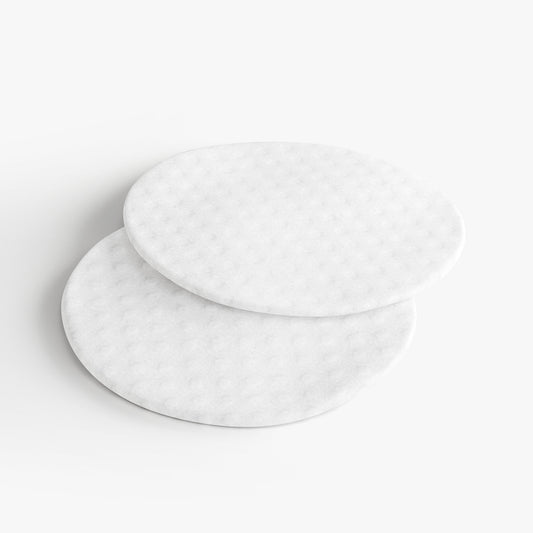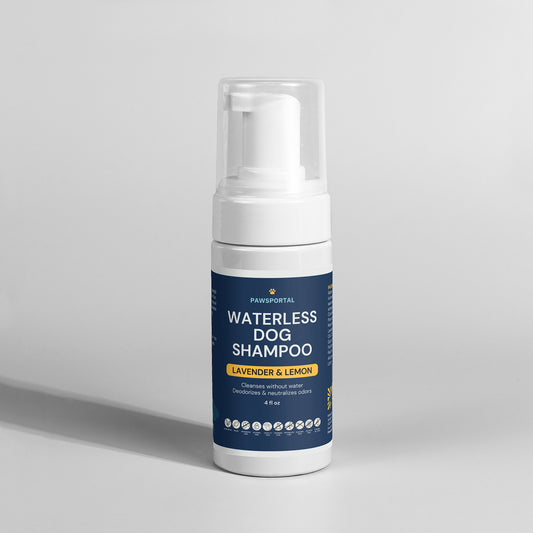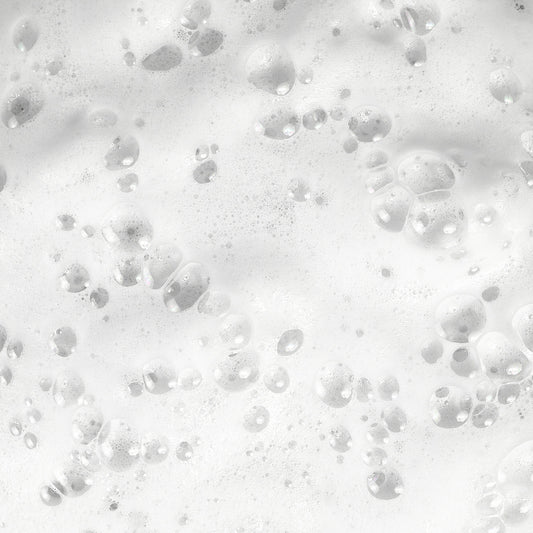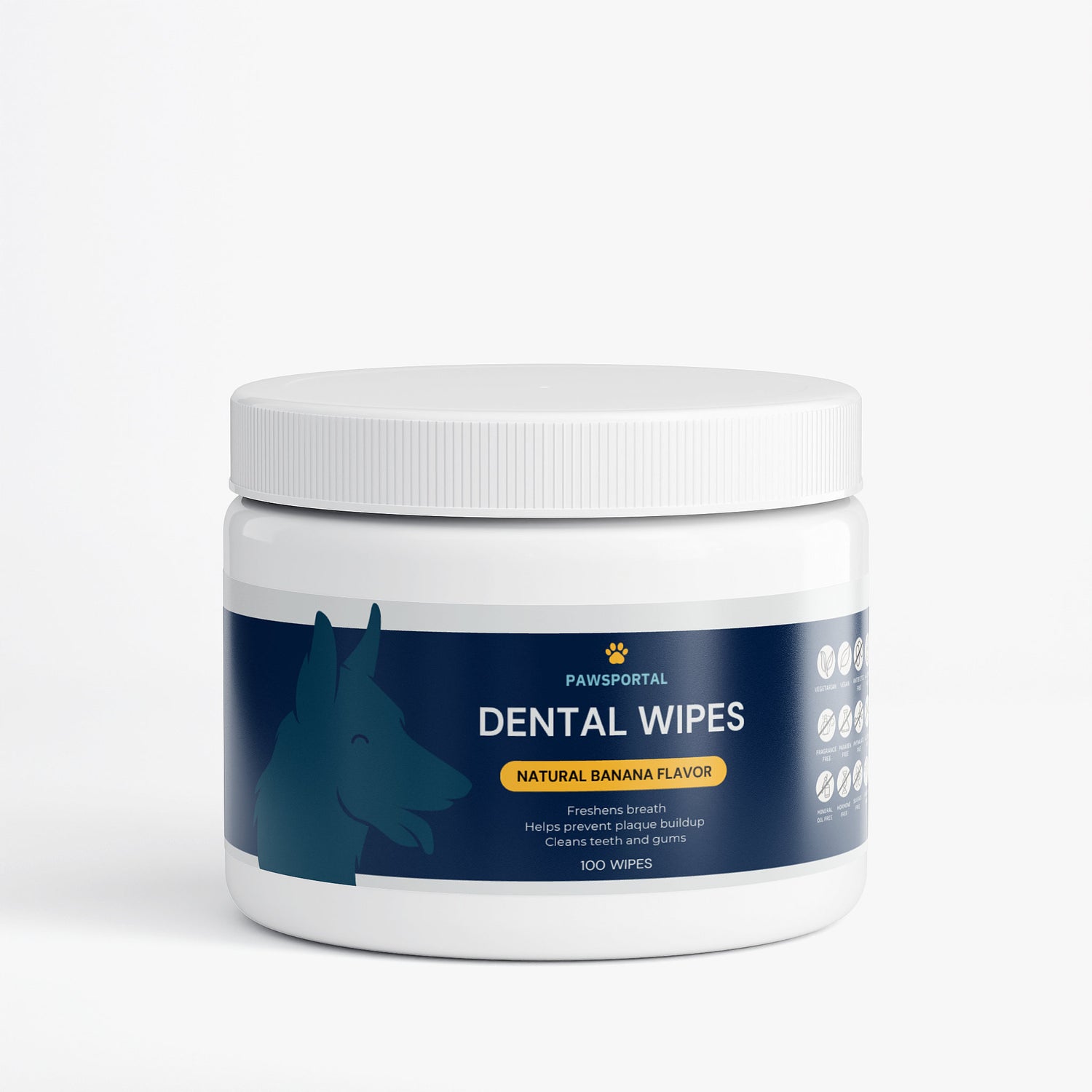
Top 10 Best Dog Foods for Senior Dogs: Nourish Your Aging Companion
Share
As our beloved dogs age, their nutritional needs change significantly, requiring more focus on maintaining their health and vitality. Finding the right dog food for senior dogs is crucial in ensuring they receive the essential nutrients that support joint health, digestion, and overall well-being. With a plethora of options available, knowing which brands offer the best formulations can be overwhelming. That's where we come in! In this article, we'll guide you through the top 10 best dog foods specifically designed for senior dogs, providing insights into their ingredients, benefits, and what makes them stand out. Nourishing your aging companion with the right diet not only supports their physical health but also enhances their quality of life, giving you both more moments to cherish together. Let’s dive in and discover the perfect food to keep your senior dog thriving and happy for years to come!
_____________________________________________________________________________________________

Understanding the Nutritional Needs of Senior Dogs
As our furry friends enter their golden years, their bodies undergo various changes that necessitate adjustments in their diet. Senior dogs typically have lower metabolic rates, meaning they require fewer calories to maintain their weight. However, their need for certain nutrients, such as protein, fiber, and specific vitamins and minerals, may increase. This balance is crucial to prevent obesity and ensure they get the essential nutrients to support their aging bodies.
Protein intake is particularly important for senior dogs because it helps maintain muscle mass, which tends to decline with age. High-quality protein sources, such as chicken, fish, and lamb, are vital to keep their muscles strong and support tissue repair. Additionally, older dogs often have compromised digestive systems, so easily digestible proteins can help enhance absorption and prevent gastrointestinal issues.
Another critical component in senior dog food is fiber. As dogs age, their digestive efficiency can decrease, leading to issues like constipation. A diet rich in fiber promotes healthy digestion and regular bowel movements. Fiber also helps manage their weight by creating a feeling of fullness without adding extra calories. Ingredients like sweet potatoes, pumpkin, and whole grains are excellent fiber sources that can be included in their diet.
_____________________________________________________________________________________________
Key Ingredients to Look for in Senior Dog Food
When selecting dog food for your senior companion, it's essential to be discerning about the ingredients. High-quality protein should be the primary ingredient, as it supports muscle maintenance and overall health. Look for foods where real meat is listed as the first ingredient, rather than meat by-products or fillers. This ensures your dog is getting the best possible nutrition.
Omega-3 fatty acids, often derived from fish oil, are another crucial ingredient. They play a significant role in reducing inflammation, which can be beneficial for older dogs experiencing joint pain or arthritis. These fatty acids also support cognitive function, helping to keep your dog sharp and mentally engaged.
Antioxidants are vital for bolstering your dog’s immune system. As dogs age, their immune systems can weaken, making them more susceptible to illnesses. Ingredients like blueberries, spinach, and other fruits and vegetables are rich in antioxidants and can help combat oxidative stress. Additionally, glucosamine and chondroitin are essential for joint health. These supplements are often included in senior dog foods to support cartilage health and joint function, helping your dog stay active and mobile.
_____________________________________________________________________________________________
The Impact of Age on a Dog's Diet
The aging process brings about several physiological changes in dogs, which can significantly impact their dietary needs. One of the most noticeable changes is a decrease in metabolic rate. Older dogs tend to be less active and burn fewer calories, making it easier for them to gain weight. Therefore, their diet needs to be lower in calories but still nutrient-dense to prevent obesity while providing all necessary vitamins and minerals.
Another significant change is the decline in digestive efficiency. Senior dogs often have reduced digestive enzyme production, which can result in poor nutrient absorption. This can lead to deficiencies, even if they are eating a well-balanced diet. Foods formulated for senior dogs often include prebiotics and probiotics to support gut health and improve nutrient absorption.
Additionally, older dogs are more prone to chronic health issues such as arthritis, kidney disease, and dental problems. Their diet can play a crucial role in managing these conditions. For instance, a diet rich in omega-3 fatty acids can help reduce inflammation and alleviate arthritis symptoms, while lower phosphorus levels can support kidney health. Soft or wet foods may be easier for dogs with dental issues to chew and digest.
_____________________________________________________________________________________________
Top 10 Best Dog Foods for Senior Dogs
1. Blue Buffalo Life Protection Formula Senior Dog Food
Blue Buffalo Life Protection Formula is renowned for its high-quality ingredients and balanced nutrition. This senior dog food features real chicken as the primary ingredient, ensuring a rich source of protein that supports muscle maintenance. It also includes wholesome whole grains, garden veggies, and fruit. The LifeSource Bits, a blend of antioxidants, vitamins, and minerals, support immune system health, life stage requirements, and a healthy oxidative balance.
2. Hill's Science Diet Senior Dog Food
Hill's Science Diet is formulated by nutritionists and veterinarians to meet the specific needs of senior dogs. It contains high-quality protein to help your older dog maintain lean muscle, along with a balanced mix of vitamins and minerals to support heart and kidney health. The formula also includes omega-6 fatty acids and vitamin E for a healthy coat and skin.
3. Nutro Ultra Senior Dry Dog Food
Nutro Ultra Senior Dry Dog Food is known for its trio of proteins from chicken, lamb, and salmon, providing a blend of amino acids essential for your dog's muscle health. The formula also includes a mix of 15 vibrant superfoods like coconut, chia, kale, and blueberries, which supply antioxidants and other nutrients to support overall health and vitality.
4. Wellness Complete Health Senior Dog Food
Wellness Complete Health Senior Dog Food features deboned chicken and barley, ensuring a high-quality protein source and easily digestible grains. This formula also includes glucosamine and chondroitin for joint health and omega-3 and omega-6 fatty acids for a healthy coat. Probiotics are added to support digestive health and improve nutrient absorption.
5. Merrick Grain-Free Senior Dog Food
Merrick Grain-Free Senior Dog Food is an excellent option for dogs with grain sensitivities. It features deboned chicken as the first ingredient, along with sweet potatoes and peas for easily digestible carbohydrates. The formula is enriched with glucosamine and chondroitin for joint health and omega fatty acids for skin and coat health. It also includes high levels of protein and healthy fats to support lean muscle and weight maintenance.
6. Orijen Senior Dog Food
Orijen Senior Dog Food is made with 85% animal ingredients, providing a biologically appropriate diet rich in protein. The food includes free-run chicken and turkey, wild-caught fish, and cage-free eggs, ensuring a diverse protein source. Orijen's unique WholePrey ratios of meat, organs, and cartilage provide a nutrient-dense meal that supports overall health, including joint and digestive health.
7. Purina Pro Plan Bright Mind Senior
Purina Pro Plan Bright Mind Senior is specially formulated with enhanced botanical oils that promote alertness and mental sharpness in dogs aged seven and older. The formula includes high-quality chicken as the first ingredient, along with EPA, an omega-3 fatty acid, and glucosamine to support joint health and mobility. It also contains antioxidants for immune system support.
8. Canidae Pure Senior Limited Ingredient Dog Food
Canidae Pure Senior Limited Ingredient Dog Food is ideal for dogs with food sensitivities. It features eight key ingredients, including chicken, lentils, and peas, providing a simple yet nutrient-dense meal. The formula is grain-free and includes probiotics, antioxidants, vitamins, and minerals to support digestive and immune health.
9. Iams ProActive Health Mature Adult Dry Dog Food
Iams ProActive Health Mature Adult Dry Dog Food is formulated to support the health of senior dogs with a blend of high-quality protein, wholesome grains, and essential nutrients. It includes real chicken as the primary ingredient and features a tailored fiber blend, including prebiotics and beet pulp, to support healthy digestion. The formula also provides antioxidants for immune health and omega fatty acids for a healthy coat.
10. Diamond Naturals Senior Dog Food
Diamond Naturals Senior Dog Food features cage-free chicken as the first ingredient, providing a high-quality protein source. The formula includes whole grains, fruits, and vegetables for a well-rounded diet. It is enriched with probiotics for digestive health, glucosamine and chondroitin for joint support, and omega fatty acids for skin and coat health. This food offers excellent nutrition at an affordable price.
_____________________________________________________________________________________________
Benefits of Grain-Free vs. Grain-Inclusive Diets
The debate between grain-free and grain-inclusive diets continues to be a topic of interest among dog owners. Grain-free diets are often recommended for dogs with allergies or sensitivities to grains. These diets typically use alternative carbohydrate sources, such as sweet potatoes or legumes, which can be easier to digest for some dogs. Grain-free diets can also be beneficial for maintaining a healthy weight and reducing the risk of obesity.
On the other hand, grain-inclusive diets can offer numerous benefits, including providing essential nutrients and fiber that support digestive health. Whole grains like brown rice, barley, and oats are excellent sources of energy and aid in maintaining stable blood sugar levels. They can also help manage weight by promoting a feeling of fullness and reducing the likelihood of overeating.
Ultimately, the choice between grain-free and grain-inclusive diets should be based on your senior dog's specific needs and any existing health conditions. Consulting with your veterinarian can help determine the best diet for your aging companion, ensuring they receive the necessary nutrients to thrive.
_____________________________________________________________________________________________
How to Transition Your Senior Dog to New Food
Transitioning your senior dog to a new diet should be done gradually to avoid digestive upset. A slow transition allows your dog’s digestive system to adjust to the new ingredients and reduces the risk of gastrointestinal issues. Start by mixing a small amount of the new food with your dog’s current food, gradually increasing the proportion of the new food over 7-10 days.
Begin with 75% of the old food and 25% of the new food for the first few days. Monitor your dog’s reaction to the new food, including any changes in stool consistency or appetite. If your dog tolerates the new food well, increase the ratio to 50% old food and 50% new food for the next few days. Continue to monitor your dog closely during this period.
Finally, transition to 25% old food and 75% new food before switching entirely to the new food. Throughout this process, ensure your dog has access to plenty of fresh water and maintain a consistent feeding schedule. If your dog experiences any digestive issues, such as vomiting or diarrhea, slow down the transition process and consult your veterinarian if necessary.
_____________________________________________________________________________________________
Common Health Issues in Senior Dogs and Dietary Solutions
Senior dogs are susceptible to a range of health issues that can be managed or mitigated through proper nutrition. One common issue is arthritis, which affects joint health and mobility. Diets rich in glucosamine and chondroitin can help maintain joint cartilage and reduce inflammation, alleviating pain and improving mobility. Omega-3 fatty acids from fish oil can also provide anti-inflammatory benefits and support joint health.
Another prevalent issue is kidney disease, which requires a diet low in phosphorus and sodium to reduce strain on the kidneys. Foods formulated for kidney health often include high-quality, easily digestible proteins and reduced levels of phosphorus and sodium. These diets help maintain kidney function and prevent further deterioration.
Dental problems are also common in senior dogs, making it difficult for them to chew hard kibble. Soft or wet foods can be easier to consume and digest for dogs with dental issues. Additionally, including foods with added dental benefits, such as those designed to reduce plaque and tartar buildup, can help maintain oral health.
_____________________________________________________________________________________________
Homemade Dog Food Options for Senior Dogs
Homemade dog food can be an excellent option for senior dogs, allowing you to control the ingredients and tailor the diet to your dog's specific needs. When preparing homemade meals, it's essential to include high-quality protein sources, such as chicken, turkey, or fish, to support muscle maintenance. Combining these proteins with easily digestible carbohydrates like sweet potatoes, rice, or quinoa can provide balanced energy.
Incorporating a variety of vegetables, such as carrots, spinach, and green beans, adds essential vitamins and minerals to your dog’s diet. These vegetables are rich in antioxidants that support immune health and help combat oxidative stress. Adding a source of healthy fats, such as fish oil or flaxseed oil, can provide omega-3 fatty acids that support joint, skin, and coat health.
To ensure your homemade meals are nutritionally balanced, consider consulting with a veterinary nutritionist. They can help you create recipes that meet your dog’s specific dietary needs and recommend appropriate supplements if necessary. Homemade diets can be a healthy and rewarding way to nourish your aging companion, but it's crucial to ensure they receive all the essential nutrients.
_____________________________________________________________________________________________
Tips for Choosing the Right Dog Food Brand
Selecting the right dog food brand for your senior dog involves careful consideration of several factors. First, look for brands that prioritize high-quality ingredients, with real meat as the primary ingredient. Avoid foods with fillers, artificial preservatives, colors, or flavors, as these can be harmful to your dog’s health. Transparency in ingredient sourcing and manufacturing practices is also essential.
Check for certifications from reputable organizations, such as the Association of American Feed Control Officials (AAFCO), which ensures the food meets established nutritional standards. Reading reviews and seeking recommendations from trusted sources, including your veterinarian, can provide valuable insights into the brand's reputation and the quality of its products.
Finally, consider your dog's specific needs, such as any health conditions, allergies, or sensitivities. Brands that offer specialized formulas for senior dogs, including options for grain-free or limited ingredient diets, can provide tailored nutrition that supports your dog’s overall health and well-being. Taking the time to research and choose a reputable brand ensures your senior dog receives the best possible nutrition.
_____________________________________________________________________________________________
Ensuring a Healthy Diet for Your Aging Companion
Ensuring your senior dog receives a healthy and balanced diet is one of the most important aspects of caring for them in their golden years. As their nutritional needs change, selecting the right dog food can support their health, mobility, and overall well-being. By understanding the key ingredients and specific dietary requirements for senior dogs, you can make informed decisions that enhance their quality of life.
Whether you opt for commercial senior dog food, grain-free options, or even homemade meals, the goal is to provide a diet rich in high-quality protein, essential vitamins, and minerals. Supporting joint health, digestion, and immune function through proper nutrition can help manage common health issues and keep your aging companion thriving.
Cherish the moments with your senior dog by nourishing them with the best possible diet. The right food can make a significant difference in their health and happiness, allowing you to enjoy many more joyful years together. Invest in their well-being and provide the love and care they deserve as they enter their golden years.



